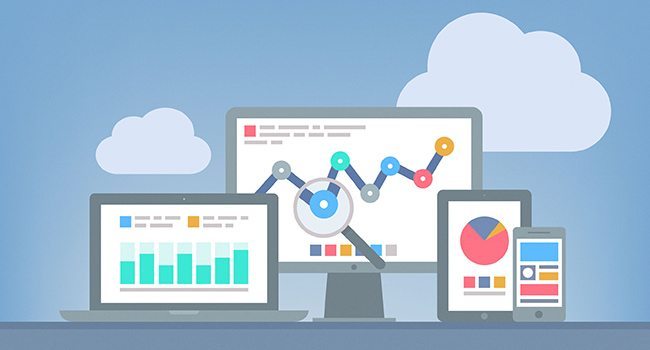The impact that social media and online review platforms have had on the bottom line of businesses cannot be understated. These mediums allow companies to share content, engage with consumers, advertise, expand a brand and more. Social media gives a brand personality, and more importantly, reinforces a positive or negative reputation. Marketers spend millions of dollars on social media and reputation management strategies, but they often overlook optimizing the use of integration platforms.
There are an overwhelming number of social media and review sites in use such as LinkedIn, Facebook, Twitter, Yelp, Google+ and more. Sharing content, replying to comments, and tracking analytical data is a time-consuming endeavor for a marketer to conduct on a single social channel. Multiply the work done for one site by five or ten different channels, and it’s nearly impossible to expect optimal ROI from social media marketing efforts.
An integrated digital marketing platform combines all or most of an organization’s social channels, as well as its analytical data, into one site, acting as a one-stop shop. It allows marketers to manage, schedule and send content over multiple platforms, saving a lot of valuable time. The process of sharing and reporting progress is also streamlined, so organizations can focus on optimizing and executing strategies. Unified messaging is another big benefit of integration, as consistency reinforces the cohesion of a brand.
Companies must have analytics from all social media and online review channels in one place to enhance data accessibility and readability. If organizations aren’t integrating social platforms, data can only provide a fragmented view of customers and their purchasing journey. Using segmented data from unconnected channels makes it difficult to create and implement an effective, personalized social media marketing strategy, a necessity as digital marketing continues to evolve.
The questions organizations must ask when choosing an integration partner or platform to manage, what channels can be integrated? And what type of analytics are included?
There are a number of powerful tools available for platform integration, but many of these tools fail to include review site integration such as Yelp and Google. A social media and reputation management strategy is not complete unless it provides data from review sites. In fact, according to Digital Air Strike’s Sixth Annual Social Media Trends Study 87 percent of consumers classified said review sites helped them select a company to do business with.
Some platforms also fail to include both quantitative and qualitative data. To truly assess the impact of a social media and reputation management campaign, companies need an analytics platform that provides real-time sentiment analysis from reviews, aggregated survey data and a competitive analysis. These factors play a big role in reputation and brand recognition, and it must be included in the data.
Companies need to stop wasting time and money managing multiple channels on multiple platforms and find a digital marketing partner or software tool that can integrate social media, survey and review site content. Brand reputation will improve and digital marketers can boost ROI by spending less time compiling data and more time implementing new content and strategies to earn leads and drive consumers to company sites.
Digital Air Strike’s Mission Control Consumer Intel & Engagement Platform as well as the DAS Mobile App provide thousands of businesses with holistic views of their review site ratings and reviews as well as social activity. The company offers free Social Media Intel Reports for businesses wanting to see how they look online.
Silicon Desert Insider is a weekly blog published every Wednesday morning on azBIGmedia.com, about the local technology industry. If you have an idea for a piece for “Silicon Desert Insider,” please email AZ BIG Media Digital Editor Jesse A. Millard at jesse.millard@azbigmedia.com.




